Elisa Salasin has written a stunning volume — at once a complex, extended elegy for her uncle, the late poet Sal Salasin, and a record of her own evolution as a poet. Laced through with passages that may be dreams, with the words of Sal himself, She Watches Wild Horses is poised on the edge between the ordinary and the visionary, between mourning and revelation. And throughout the book runs a theme of gratitude for the rawness and the amazement of living. Thank you, Elisa Salasin, for this collection!
–Anita Barrows, author of Testimony
“There are only two kinds of people in the world: those who’ve helped a person die and those who haven’t,” quotes poet Elisa Salasin in She Watches Wild Horses. Riveting, tender, and unflinchingly honest, this essential collection—part elegy, part memoir, and part dream—explores family love, loneliness, loss, the human desire for a life of meaning, the messiness of dying, and the challenge of resuming life after losing a loved one. This multi-genre chapbook weaves poems, dreams, journal-like prose pieces, original photographs, and excerpts of poetry by the author’s uncle, Sal Salasin, who passed away from cancer in 2009. “How can all this weightlessness survive,” writes the old poet, and his niece, holding his hand at his bedside, writes, “I am here. / That is all. / I am here.”
–Hollie Hardy, author of How to Take a Bullet, And Other Survival Poems
In this moving book, Elisa Salasin has created a documentary elegy–quilt-like in its collaging of fragments from journals, poems, reflections, and photographs– for her uncle, the poet Sal Salasin, who she cared for as he lay dying. Eschewing sentimentality, this book tells the story of both what it means to take care of a person who is dying, and what it means to be that person. The story that is told here is revealed through the pieces of text and photographs that speak from the moment in which they were composed, and reveal the mundanity of caretaking, the intensity of pain, and the moments of humor that comprise any end-of-life journey. In the end, this tender weaving shows how committing to hospice care for Sal brings Salasin to the edge of her own life, and the reckoning that “I cannot continue to wait, cannot delay my living. None of us can.” This book, She Watches Wild Horses unravels the complexity of that reckoning with tender perception.
–Kristin Prevallet, author of I, Afterlife: Essay in Mourning Time

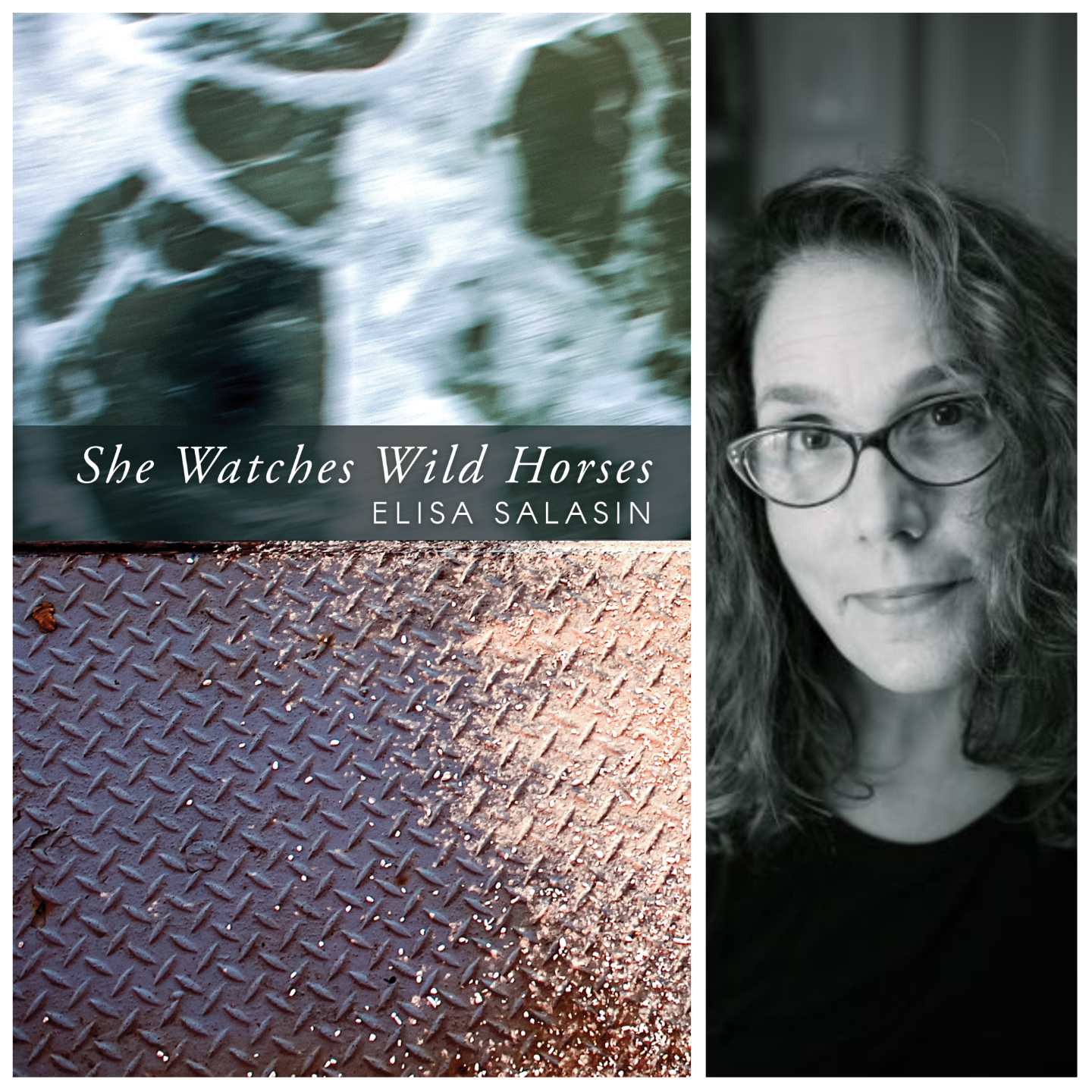
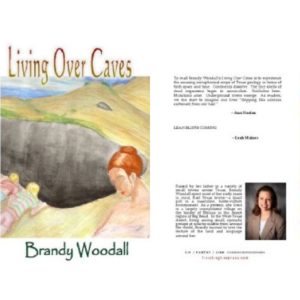
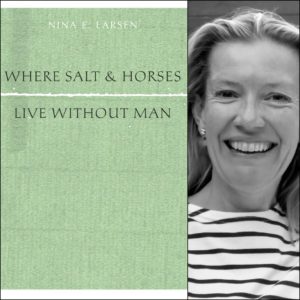
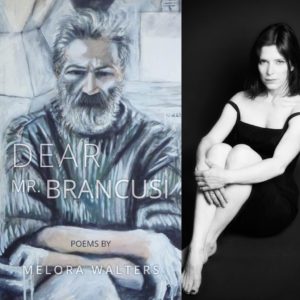
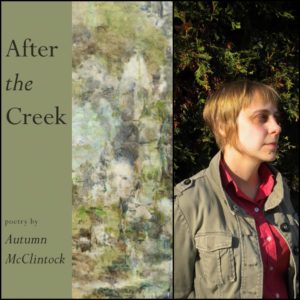
Reviews
There are no reviews yet.